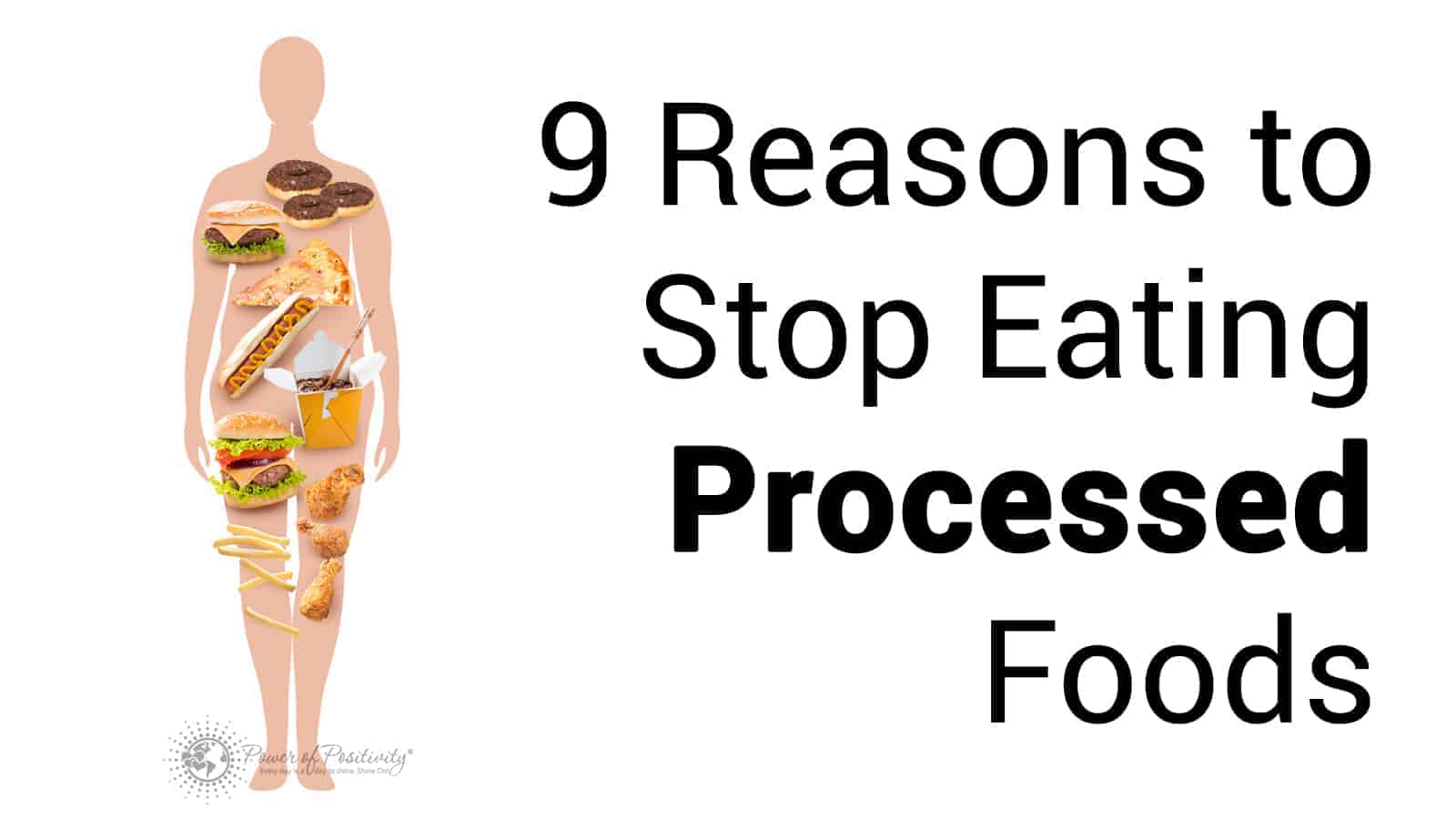So, you stepped on the scale, and the needle was racing way higher than you expected. Stress, little physical activities, and poor diet puffed up with processed food and lots of carbs. Worried about the excess weight, you decided to give keto a go. But now, you are unhappy with this lifestyle. Is it time to quit keto?
True to it, Ketogenic diet is effective in cutting down carbohydrates to less than 5% an average person’s intake. It helps in eliminating;
- Starchy vegetables
- Legumes
- Sweets
- Fruits
- Grains
Initially, this meal plan came in handy in diabetes and epilepsy treatments. The diet forces the body to use fats, broken down into ketones, for energy. So, is it time to quit keto?
Time to Quit Keto – 9 Signs From Your Body
Despite the tremendous success in weight loss, these are the signs that’ll help you know its time to quit.
1. Weakness and Fatigue
Glucose is the primary source of body energy. After years of depending on carbs for energy, its only natural that a transition to ketosis will leave the body ‘confused,’ and as a result, you might feel tired time and again.
While the average body adjustment period is between 8 to 10 days, this differs from one person to another, with others experiencing up to six weeks of fatigue.
Increase your fat intake to help with the fatigue. Alternately, instead of cutting down carbs completely, do it more moderately to see your body reaction.
You should also consider slowing down on workouts, or resorting to lighter workouts as you give your body time to adjust.
While your body eliminates processed food with added salt, it might experience low water content hence the loss of electrolytes. As a result, you’re likely to experience fatigue. Electrolyte supplements come in handy here. They include;
- Sodium
- Potassium
- Magnesium
If none of these solutions work, it could be time to quit keto. Work closely with your physician for closer monitoring.
2. Headache
While the keto flu is normal, it might get out of hand. The headache is a result of water and salt lost during electrolysis.
You can correct the situation by increasing your salt intake.
If carbs and sugar were the biggest part of your diet, withdrawing from them is more likely to cause headaches. Give your body an easy time during the transition.
Develop healthy eating habits, with meals packed with all the nutrients your body needs, with lots of water. Plant-based foods will also suffice.
The headache should take a day or up to two weeks. A prolonged headache is a sign that you should see a doctor. Similarly, it is your body communicating a message – quit keto, perhaps?
3. Constipation
Constipation is a common side effect that those on keto diet face.
The keto diet cuts down on fiber. Fiber helps in strengthening muscles on the digestive tract. Low fiber intake results in muscles not being stimulated, hence less contraction, leading to the slow movement of waste.
To curb this, eat smaller portions of food. Similarly, include such low-carb vegetables as spinach and kale in your diet. Other sources of plant fibers include chia seeds and flaxseed.
Taking probiotics, drinking lots of water, and exercising more will also help in managing constipation.
While at it, take note of the foods you’re eating that could be causing digestive issues. Your doctor can help you analyze.
Also, ensure your diet is diversified to avoid digestive complications and deficiency of crucial nutrients.
4. Anxiety and Insomnia
It’s not yet proven whether a ketogenic diet helps with managing anxiety. However, its an uncommon side effect of this diet.
While anxiety is often a sign that you should quit keto, the condition can be managed. Limit caffeine by controlling the intake of such drinks like coffee, tea, soda, and energy drinks.
Cases of poor or lack of sleep are also common among those on the keto diet. Some wake up frequently at night while others don’t get sleep at all.
While this condition might improve after a few weeks, it’s a sign that you should consider quitting.
5. Irregular or No Periods
Diet is a major cause of the period disruption. Low-carb diets cause irregular periods. Other causes include the following:
- Significant loss of weight within a short time
- Excess exercise
- Eating a little less.
The ketogenic diet affects hormonal signaling, thus causing delays or complete loss of monthly periods.
Fat cells produce the leptin hormone, which causes menstrual disruption. Low carbs intake suppresses the levels of leptins, hence making it unable to regulate reproductive hormones.
To correct this, getting off the diet will do. However, to manage it as you continue with the diet, consider increasing your daily intake of carbs.
6. If It’s the Doctor’s Recommendation
Taking on a keto diet without your doctor’s approval is unwise. As much as doctors recommend it as a remedy to some health conditions, it’s not recommended for everyone.
For instance, because people on the Keto diet don’t take high fiber foods such as beans, grains, and some fruits, its not wise for someone with a history of digestive diseases such as colon cancer to take part. The National Institute of Health reports that fiber helps in protection against digestive disorders.
Additionally, it is not advisable for individuals with history eating disorders to take on highly restrictive diets. Individuals with type 1 diabetes should also not try the keto diet.
Though possible, patients with kidney stones being on the keto diet posses a high level of risk. Close collaboration with your doctor, and you’ll be good to go. Consuming alkaline foods will help. They include;
- Cabbage
- Broccoli
- Lettuce
- Cucumber
- Spinach
In a nutshell, consult your doctor first before taking on the keto diet. Similarly, if you’re already on keto and you don’t notice any improvement in your health, consult your doctor to suggest a diet plan that works well with you.
7. Hunger and Dehydration
Being hungry on the keto diet is an indicator that something is wrong. The focus of the diet is animal proteins. In one study, participants felt less hungry on a ketogenic diet. However, that was not the outcome of every person in the study.
Therefore, you should change course and quit keto if you find yourself hungry. That outcome doesn’t make it a “bad diet.” Instead, it makes it not a great program for your needs.
The right keto diet should be a solution to your hunger, coupled up with taking healthy, recommended snacks. However, other factors, such as sleep deficiency and stress, could cause hunger. Be sure to address them.
Dehydration is also possible when on the keto diet. Drinking more water to curb this could cause an electrolytes flush-out.
As you drink water, work on recovering the lost electrolytes by including salt and mineral water. To monitor this, ensure your urine maintains pale yellow as its natural color. A darker color indicates dehydration.
8. Changes in the Appetite
Changes in the appetite are not uncommon in people on the keto diet.
While the cause of this is still unknown, the presumption is that, because of the presence of lots of vegetables and proteins on a diet, there is a possible alteration of the hunger hormones.
With the help of a doctor, factor in your preferences on your diet as swiftly as possible to hardly note the difference. Going against your body wants eventual leads to the feelings of restriction and dissatisfaction.
Such sentiments could lead to sneaking some unwanted meals in your diet from time to time. This, according to a 2019 study, could cause damage to blood vessels.
A good diet plan is one you can stick with for a long time. The constant feeling of the need to get off the diet is a clear indicator that you shouldn’t have been part of it in the first place.
9. Performance Decrease
Eliminating carbs from your diet causes general tiredness, hence reduced output during physical activities. This happens as a result of reduced muscle glycogen stores – the key source of fuel for vigorous physical activities.
This condition normally lasts for a few weeks. In some cases, those on the keto diet notice an improvement in their performance in physical exercises, hence burning more fats.
As a result, a study recommended the keto diet to athletes citing that those on a diet can burn 230% more fat than non-dieters.
Cases of brain fog and low focus energy are also common with keto dieters. Feelings of tiredness and sickness characterize this.
This condition continues as your body learns to forego the absence of carbs in your diet and adapt to burning fats instead.
Most dieters report increased energy focus and brain functionality in the long run. Increased stability in blood sugar levels and the elimination of memory loss is also a possibility.
However, a constant feeling of reduced energy levels and brain functionality is a sign that the diet is not for you.
Final Thoughts On Whether You Should Quit Keto
Engaging your doctor should be the first step before taking on any diet. It is normal for any food to affect your body functionality. Knowing how and the remedy will help you decide on whether or not you should diet.
The keto meal has proven effective for a long time, not only in weight loss but also in managing other diseases. However, it doesn’t work for everyone. Experiencing the above symptoms for an extended period can be a sign you should quit keto. Be sure to engage your doctor on the same.

















 Community
Community

